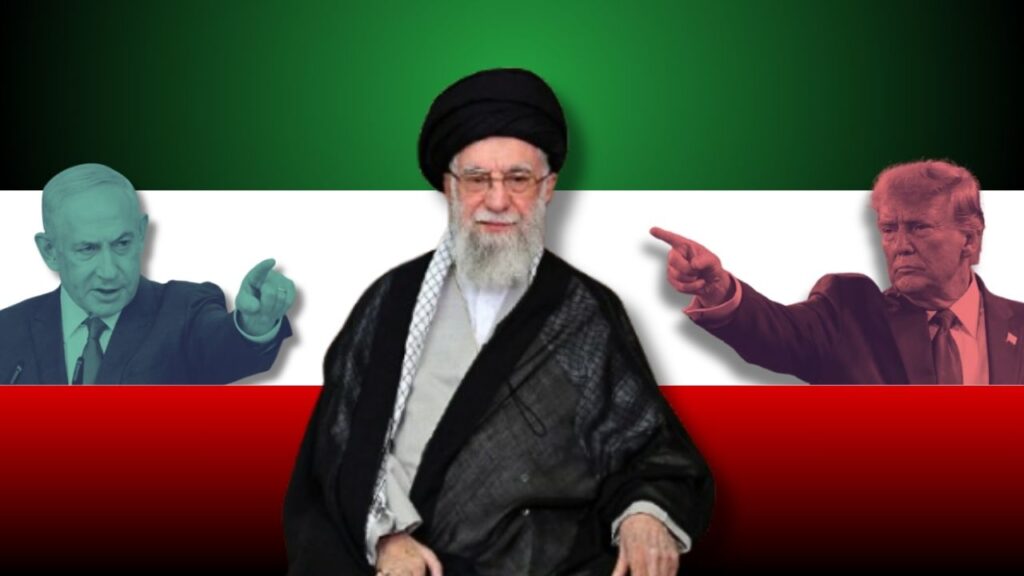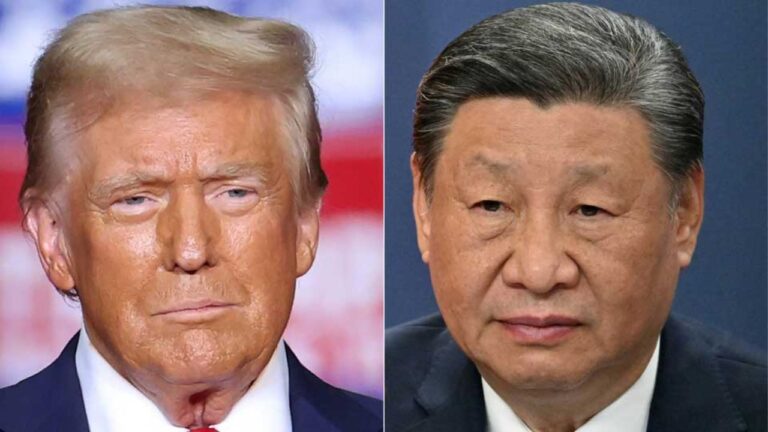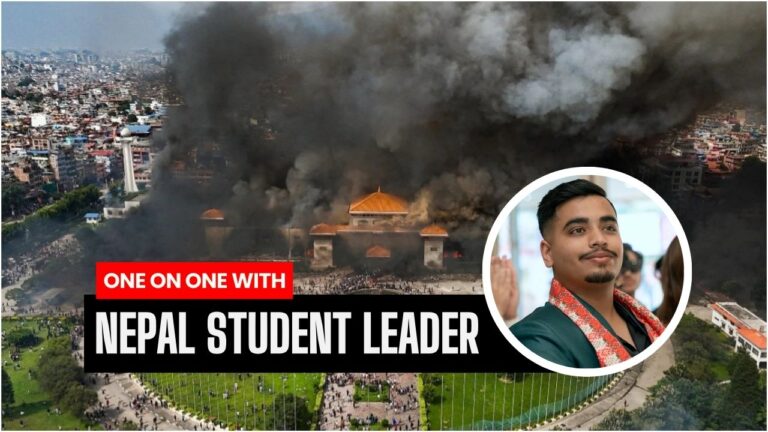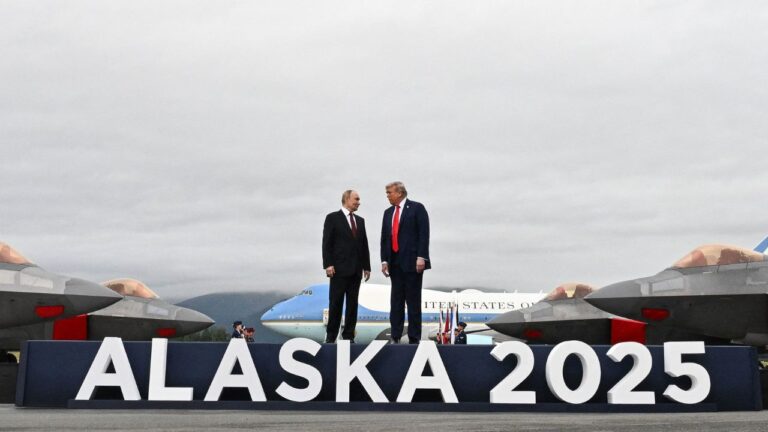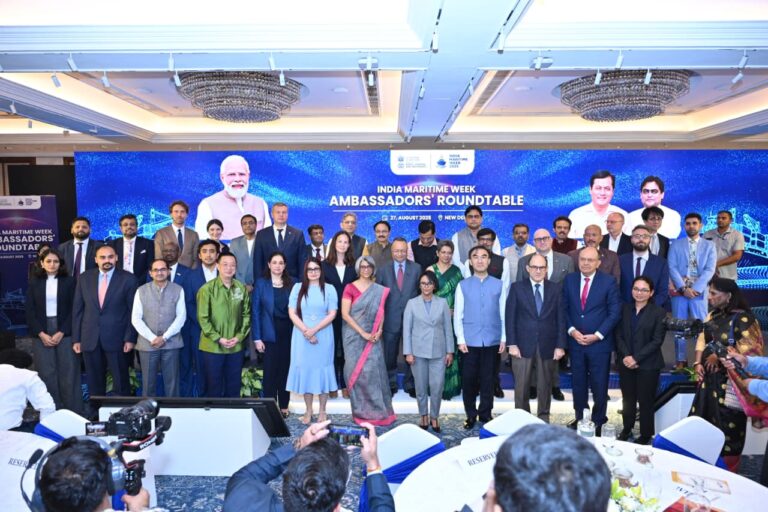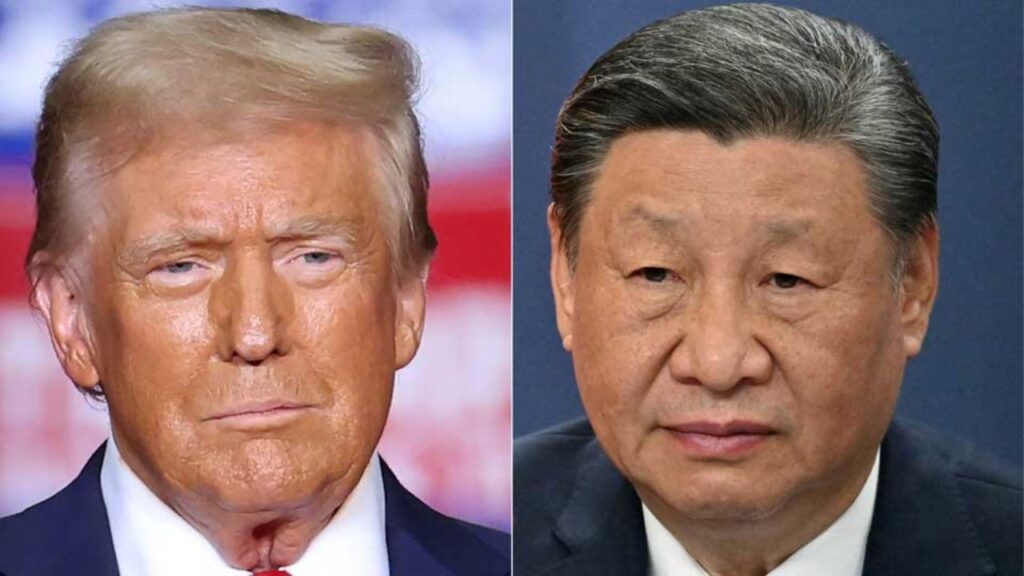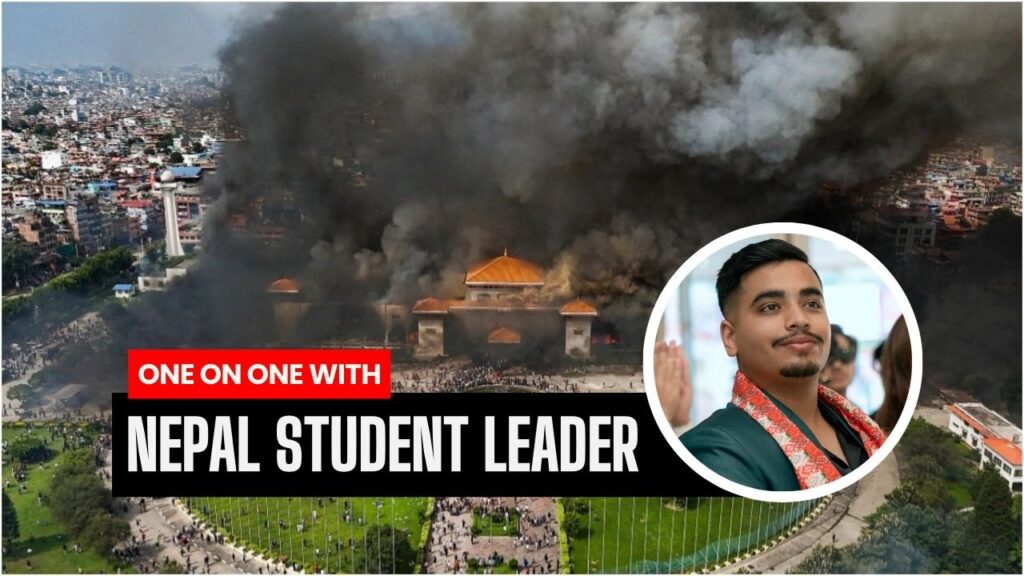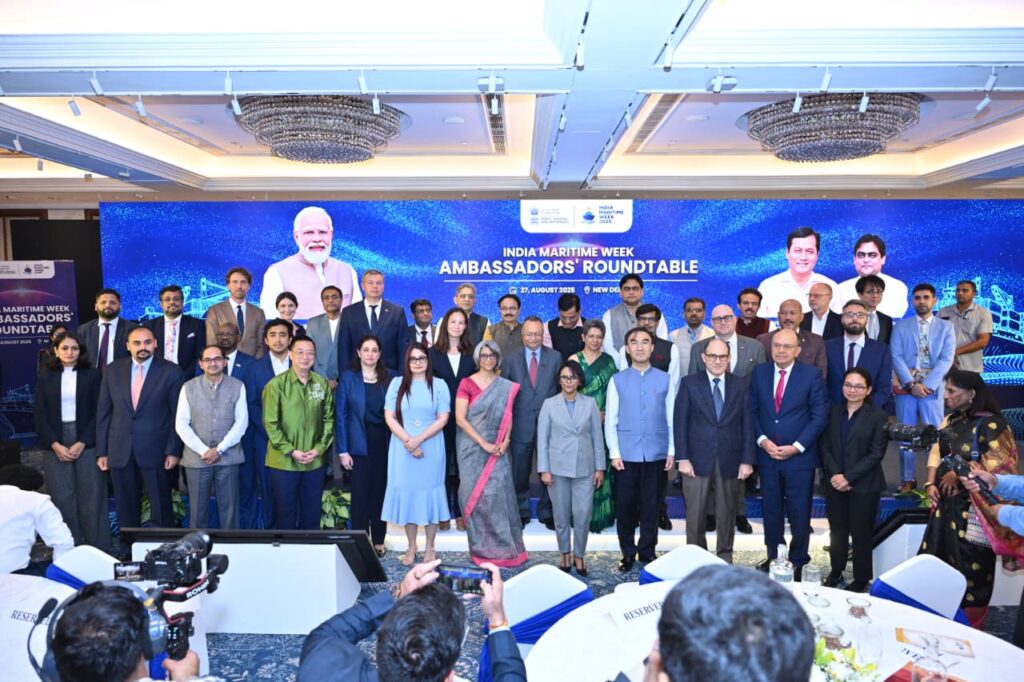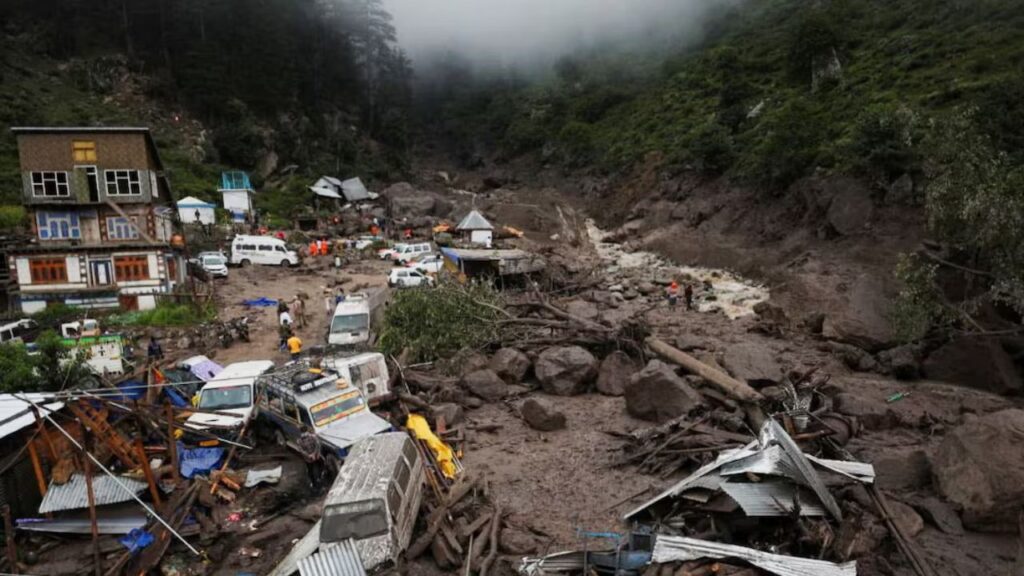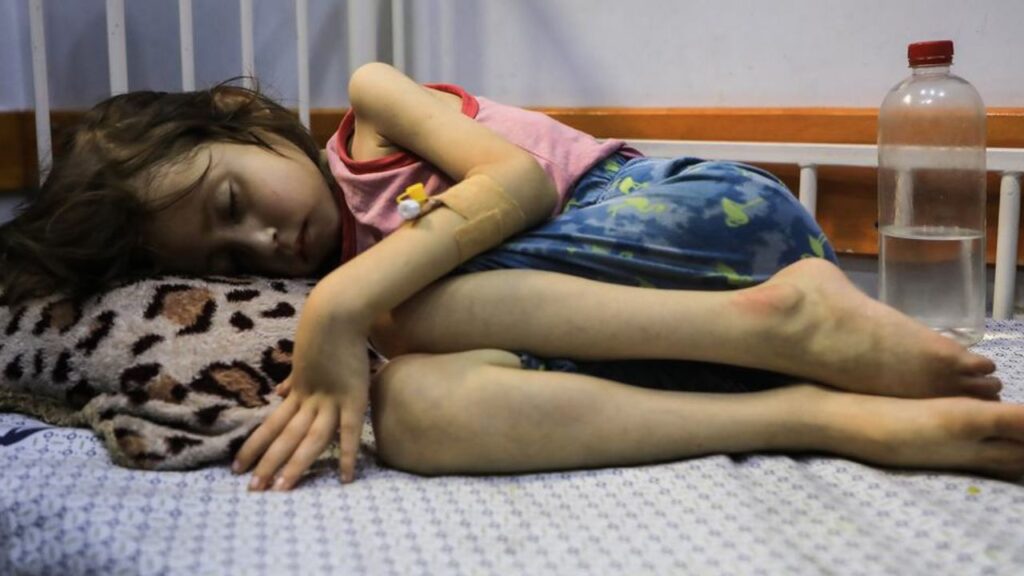To maintain control over the balance of power in the Middle East, America’s foreign policy has always been controversial. The justification for the 2003 U.S. invasion of Iraq was the alleged presence of “weapons of mass destruction,” which later turned out to be a false claim. The result was the destruction of Iraq’s integrity, economy, sovereignty, and social fabric. Today, a pressing question arises: Is Iran being pushed down the same path?
This is a question that peace-loving citizens across the world must seriously consider. It is particularly important because Iran and the United States have had tense relations for decades, especially after the 1979 revolution and the hostage crisis at the U.S. Embassy in Tehran. Though there have been intermittent diplomatic efforts, Iran’s nuclear program, its regional influence, and its anti-Israel policies have always been deeply troubling to the United States.
In recent years, the U.S. has imposed severe economic sanctions on Iran to weaken its economy. The assassination of key Iranian commander General Qassem Soleimani also revealed the aggressive intentions of the U.S. Now, amid rising tensions between Iran and Israel, America’s role appears to be that of a supporter, but behind the scenes, signs of deeper conspiracies are becoming increasingly evident. Labeling Iran as a “sponsor of terrorism,” trying to isolate it internationally, and fueling internal unrest suggest that plans to destabilize Iran—just like Iraq—may be under consideration.
The tragedy is that there seems to be no country, leader, or institution in the world today willing to expose these deep-rooted conspiracies and rally peace-loving nations to recognize that the world needs peace more than war—especially the Middle East, which must be spared from further destruction.
India could have played this role and restored its global image. But unfortunately, its political leadership has also fallen into the trap of U.S. lobbying. India’s silence on the ongoing Israeli atrocities in Gaza proves that it has failed to realize the importance of this role. It should have understood that Iran is not Iraq. Iran has significant military power, regional allies, and ideological unity that enable it to resist any external intervention strongly. The spirit of patriotism among the Iranian people is also profound and would lead to strong resistance in the face of any attack or conspiracy.
Iran is the name of a civilization—an ancient civilization that shares historical and cultural ties with India and many countries in the Middle East. Even if India, in its enmity towards Muslims, aligns itself with Israel—and even though Israel has reportedly provided India’s current government with support for staying in power, including advanced surveillance technologies like Pegasus (which caused major political uproar)—India must not ignore the civilizational and energy-related support it has received from Iran. Severing ties with Iran could have long-term consequences for India.
Yet, India is currently facing a crisis of strong political leadership, and its foreign policy seems to be aimed solely at pleasing the United States. However, the international community must act wisely in this sensitive situation. Any policy aimed at isolating or attacking Iran could not only push the region toward a new war but also pose a serious threat to global peace, and this would directly impact India as well.
Although potential U.S. conspiracies against Iran evoke memories of Iraq, the circumstances today are different. Iran must remain strong—diplomatically, politically, and publicly—and the global conscience must awaken, so another sovereign nation is not pushed to the brink of destruction. We have already seen the consequences of U.S. intervention in Iraq, Syria, and Afghanistan. Though power may have changed hands in these countries, their national identity has been rendered nearly meaningless.
It is unclear why the peace-loving countries of the world cannot view the Iran-Israel conflict in the light of these undeniable realities.
Shoaib Raza Fatmi is a senior journalist based in Delhi. Since 1985, his work has been consistently published in newspapers, magazines, and books. He is currently associated with the Urdu Daily ‘Hamara Samaj’. He has authored several children’s storybooks and has made significant contributions to the field of Urdu literature. His collection of poetry titled ‘Ek Lafz Ki Talaash’ has been published and is also available on Rekhta’s website. He has also worked with the National Council for Promotion of Urdu Language.
Disclaimer: The views and opinions expressed in this piece are those of the author and do not necessarily reflect the views of the editorial board or the organization.

